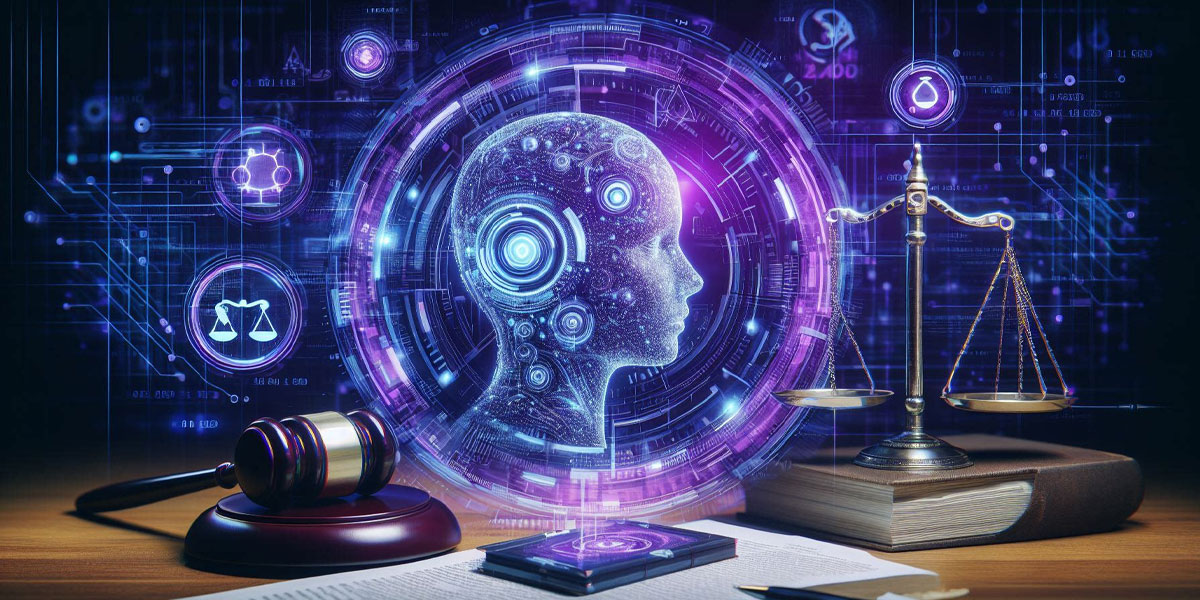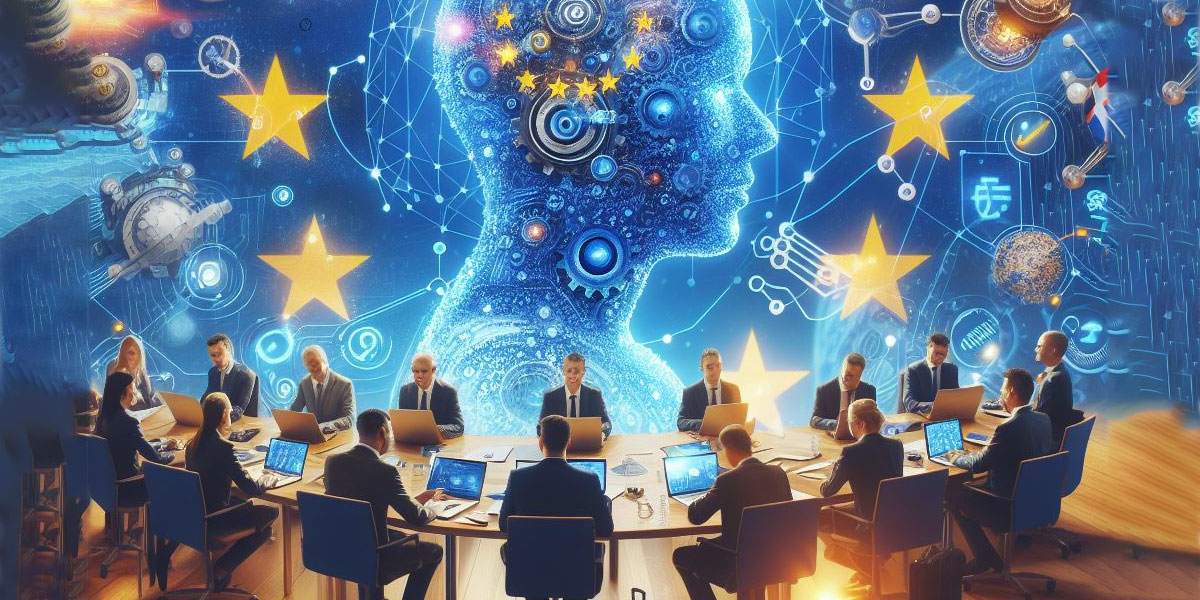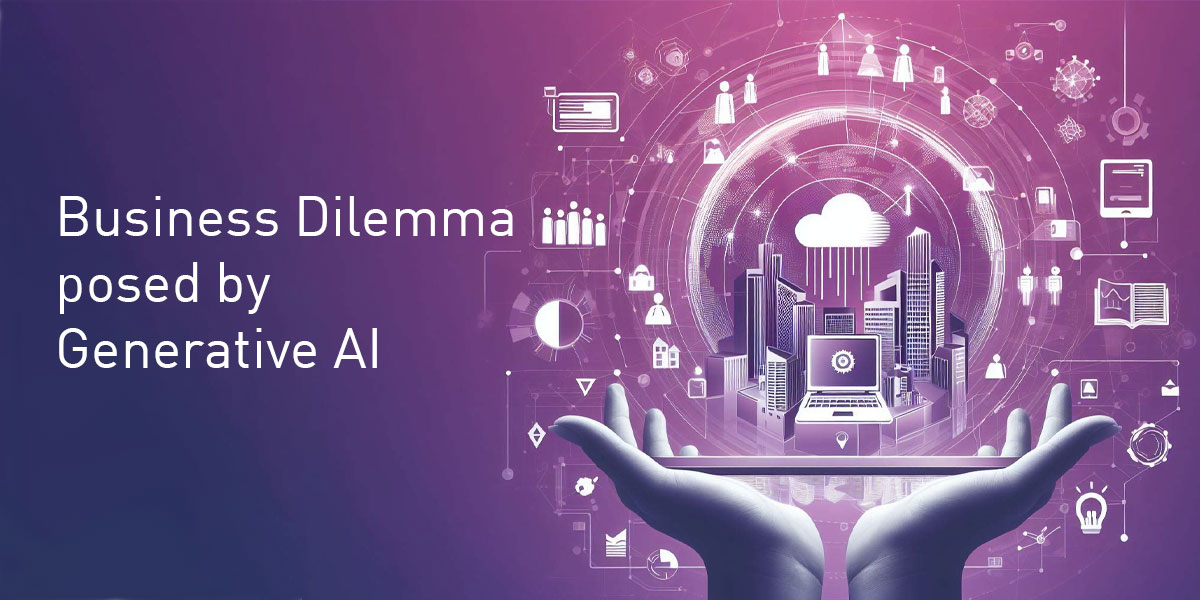Necessary cookies are absolutely essential for the website to function properly. These cookies ensure basic functionalities and security features of the website, anonymously.

The Rise of AI and Large Language Models in Education
In the evolving field of education, the use of Artificial Intelligence (AI) and Large Language Models (LLMs) marks a new era of learning and teaching. This blog delves into how these cutting-edge technologies are reshaping the educational space, from enhancing personalised learning to revolutionising data processing and knowledge engineering.
Using real-world examples, including the Berkman Klein Center's exploratory workshop, we look at how AI and LLMs are being used in education settings. We will see the transformative impact and the challenges they pose, such as ensuring fair access for all and maintaining academic integrity.
Chatbot Integration into Learning Environments
Within online education, platforms like Khan Academy are leading the integration of LLMs and chatbots to transform the learning experience. By using AI-driven tools, these platforms can offer a more personalised and interactive learning experience, particularly in coding education. The use of LLMs and chatbots enables these platforms to provide instant feedback, tailor learning paths to individual needs and engage students in a more conversational and dynamic way. This approach not only speeds up the learning process but also adapts to the varying pace and style of each learner, making education more accessible and effective.
The Berkman Klein Center Workshop
In December 2022, a significant workshop hosted by the Berkman Klein Center for Internet & Society at Harvard University brought together experts from diverse fields including educators, administrators and computer scientists. The workshop's goal was to examine the impact of ChatGPT and generative AI on the future of teaching and learning. The discussion centred around how LLMs might affect skill and knowledge assessments, the integration of AI in classrooms, the influence of LLMs on creativity and critical thinking and the practical challenges teachers face due to this technology. This workshop highlighted the need for continuous reflection and discussion among stakeholders to understand the evolving role of educators in an AI-integrated environment.
Real-world Implications and Challenges
Unequal Access and Academic Integrity
One of the biggest concerns was the potential for AI tools, like LLMs, to either potentially improve access and fairness or further widen the existing inequalities for learners. The workshop participants debated whether the availability of AI tutors would create a more equal educational experience or increase existing gaps for those from socioeconomic disadvantage. There was also concern about the impact of AI on academic honesty and the potential for students to exploit these technologies for unfair advantage. This discussion highlighted the importance of considering how AI technologies might affect the range of students in different ways and the need for policies that address these differences.
Data Privacy and Policy Considerations
Privacy concerns are paramount as students increasingly interact with AI tools. The workshop delved into the consequences of academic dishonesty, the overestimation of LLM capabilities and the risk of reinforcing biases through system outputs and user interaction. They discussed the need for systems and processes to enable safe uses of AI, mitigate harms and allocate responsibilities among various stakeholders. Participants also emphasised the importance of communication channels between the companies developing LLMs, firms deploying them in education and the experts using them in education. The goal is to align the benefits of products like ChatGPT with the specific needs of educators and students, considering the unique challenges in education.
Case Study: LLMs in Knowledge Engineering (LLMKE)
LLMKE: A Case Study on Wikidata
The LLMKE project, conducted in the context of the International Semantic Web Conference (ISWC) 2023 LM-KBC Challenge, offers a practical example of how LLMs can be used for knowledge engineering tasks. The challenge involved using pre-trained LLMs to link data to Wikidata entities. The project demonstrated that LLMs' knowledge varies significantly across different domains and highlighted the potential of LLMs in collaborative knowledge engineering. This success suggests that LLMs can play a significant role in automatically completing and correcting knowledge bases, which can enrich and improve the quality of data in platforms like Wikidata.
Contextual Improvement and Knowledge Gaps
LLMKE's approach involved experimenting with different sources and forms of context to improve model performance. The study found that providing relevant context can improve performance, though this was not uniformly effective across all models. The experiment revealed big knowledge gaps between sources like Wikipedia and Wikidata, impacting model performance. This discrepancy highlights the importance of accurate and up-to-date information sources for LLMs, particularly when they rely on external context for knowledge. The study suggests that LLMs can contribute to knowledge engineering by aligning the information in Wikidata with Wikipedia and other sources.
The Future Landscape
As we look ahead, the integration of AI and LLMs in learning services promises to bring significant benefits to the personalisation of learning experiences and efficient data processing. However, this evolution also brings challenges such as ensuring fair access, maintaining academic integrity and navigating the complexities of data privacy and policy regulation. Stakeholders from various sectors will need to collaborate closely to harness the potential of these technologies, whilst addressing the challenges.
The real-world examples and case studies discussed here provide valuable insights into both the opportunities and the challenges presented by AI and LLMs in education. They highlight the need for continuous innovation, research and dialogue to fully realise the transformative potential of these innovations in learning services.






